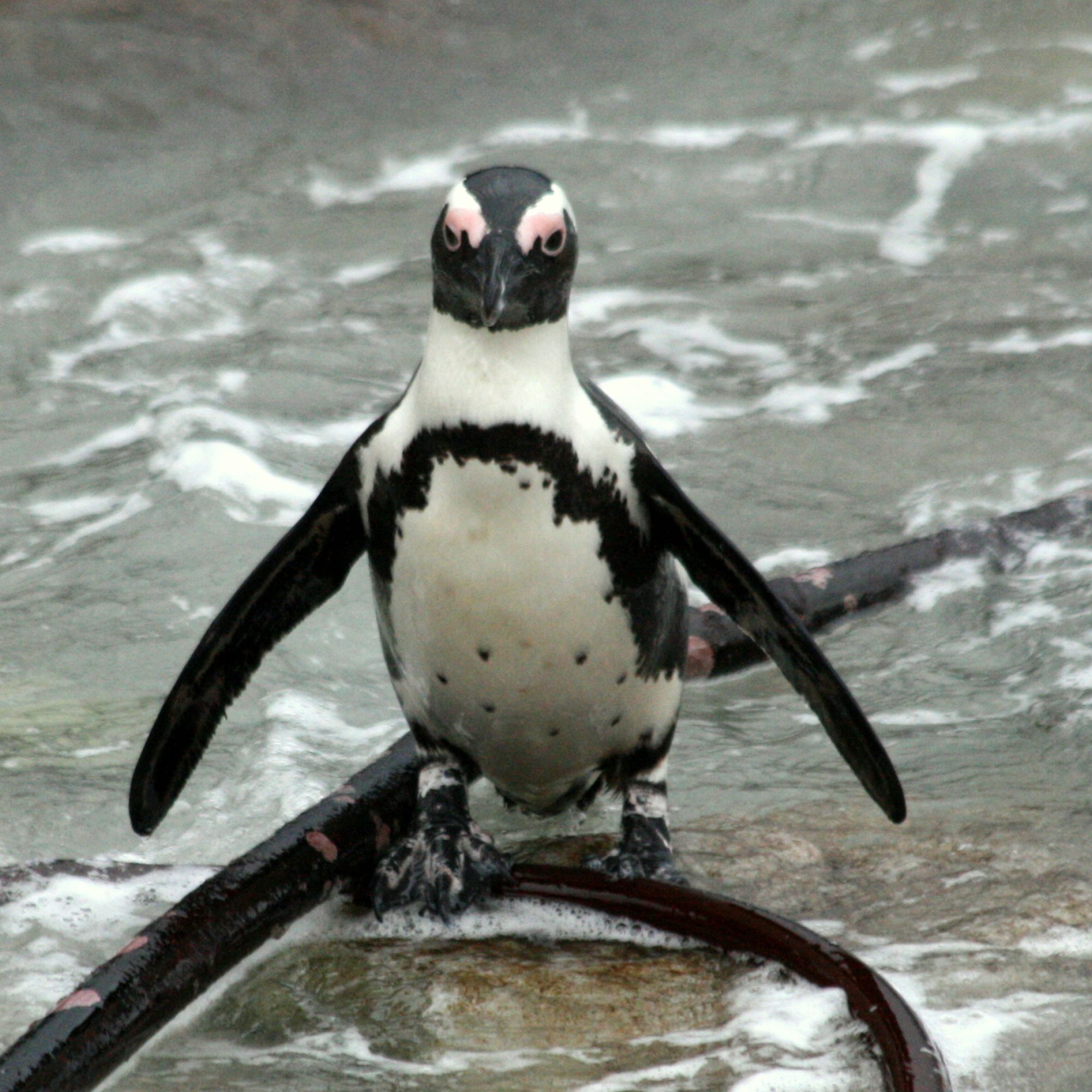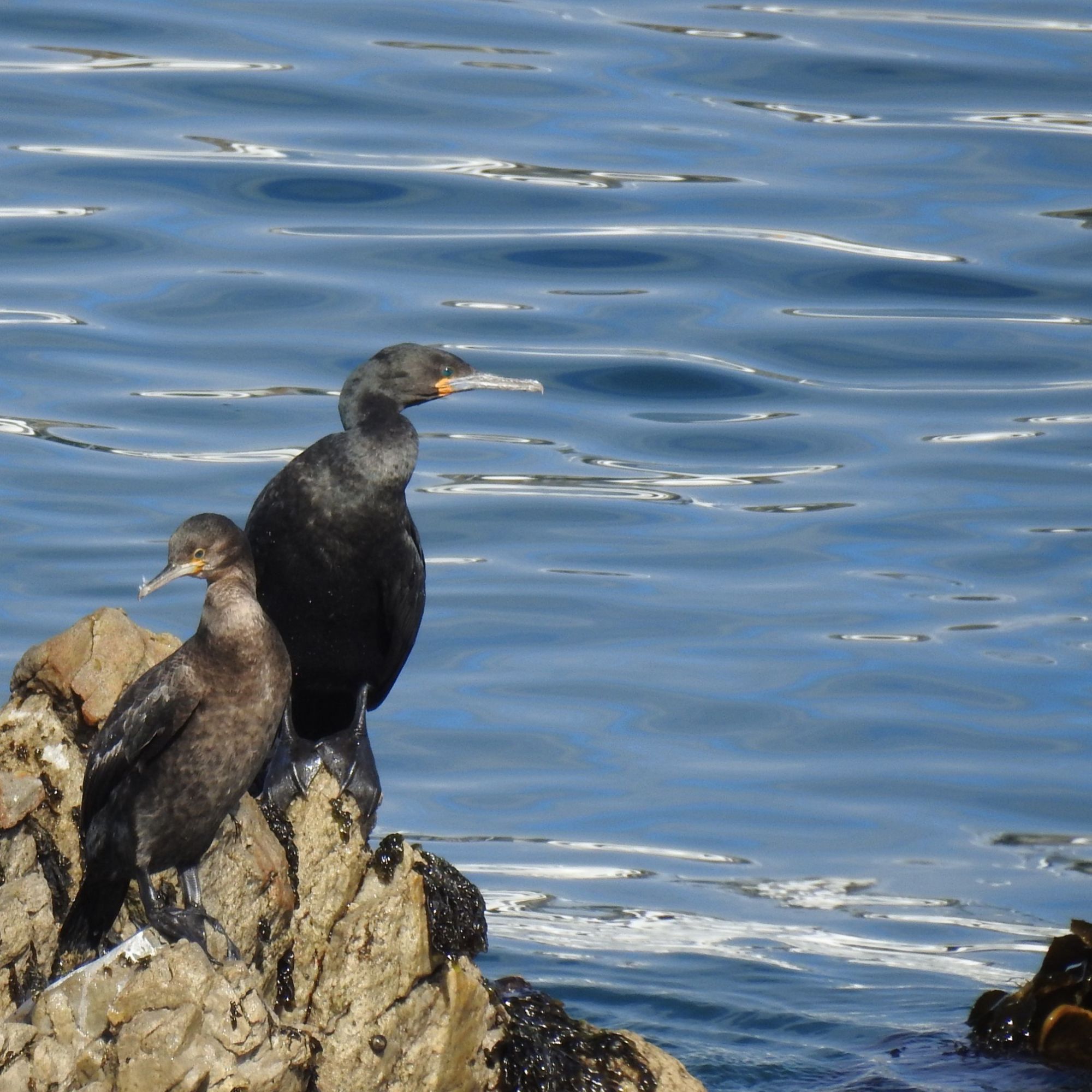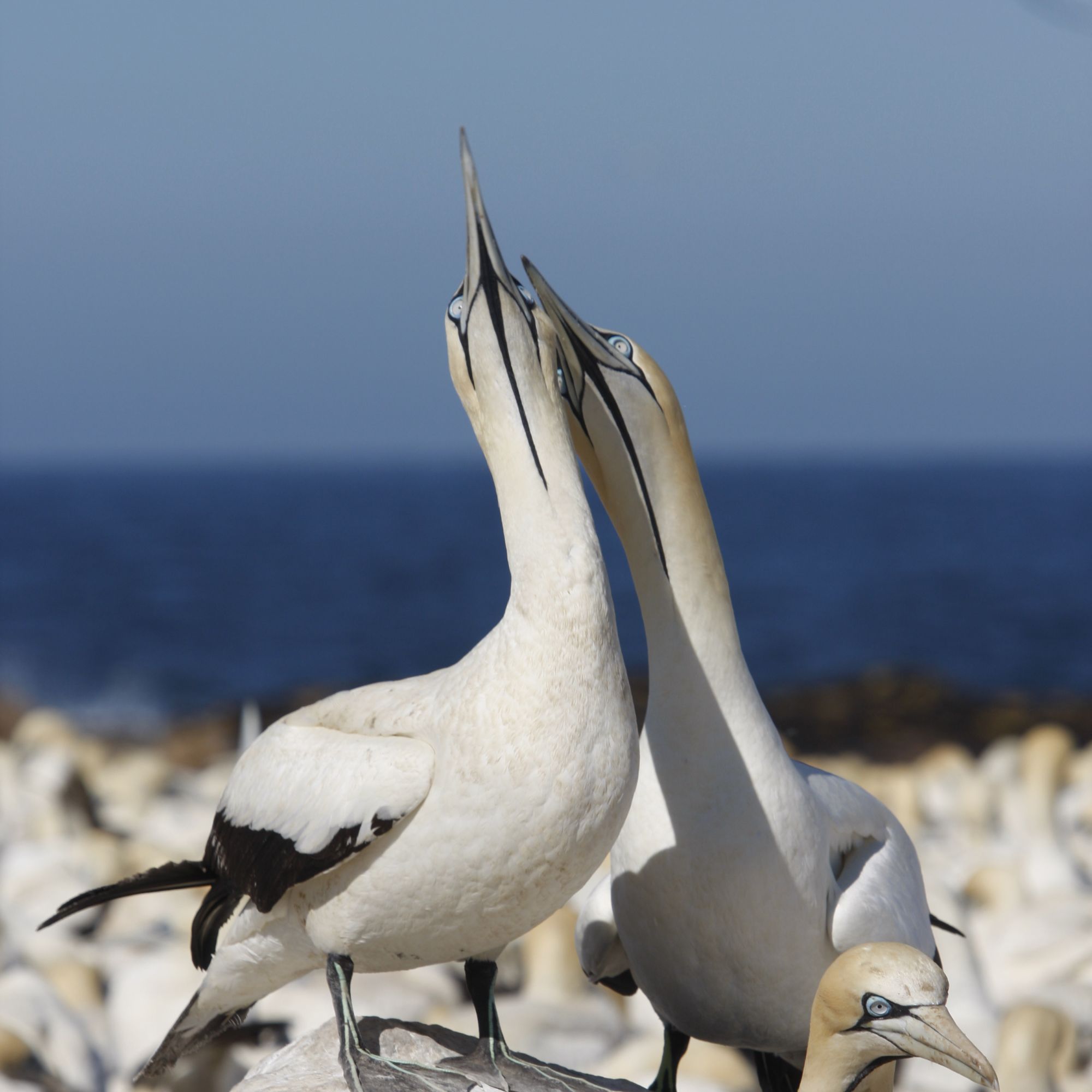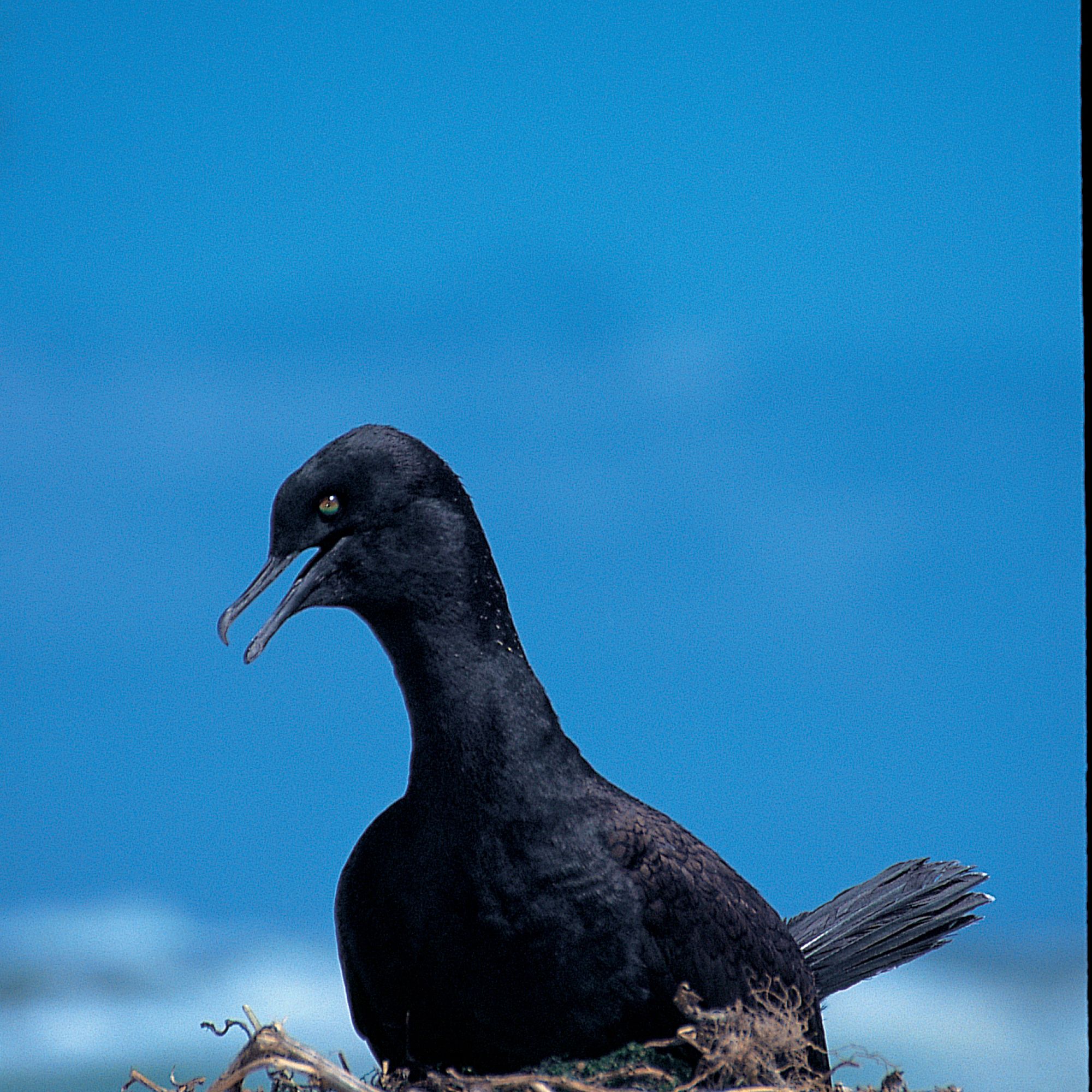
From Laws to Conservation: Protecting Seabirds in South Africa’s Coastal Waters
Seabird protection in South Africa is ensured through the National Environmental Management: Biodiversity Act, 2004 (Act No. 10 of 2004), and the Sea birds and Seals Protection Act (No. 46 of 1973). These laws specifically address the conservation of biodiversity and safeguarding marine habitats and their inhabitants. The marine environment, covering 70% of the Earth’s surface, plays a vital role in supporting diverse species and providing valuable ecosystem services. Seabirds serve as essential bioindicators in marine ecosystems, being sensitive to pressures such as climate change and many are also top predators. Recognized as keystone species, they supply abundant nutrients, enhancing food quality and productivity.
South Africa supports many seabird species, with some being endemic, while others using South Africa has a breeding ground. These species include the African Penguin, Cape Cormorant, Cape Gannet, and Bank Cormorant (Figures 1 - 4), all of which are considered Endangered according to the IUCN Red List and can be found at CapeNature Nature Reserves like Stony Point and Bird Island Nature Reserve at Lambert’s Bay. Threats to seabirds include habitat loss, overfishing, oil spills and diseases with the 2021 High Pathogenicity Avian Influenza A (HPAI) H5N1 outbreak in the Western Cape amplifying concerns.
The HPAI H5N1 outbreak led to the tragic loss of many Cape Cormorants and African Penguins. However, collaborative efforts by organizations such as CapeNature, SANCCOB, and SANPARKS has been crucial in controlling the spread of the disease. These organizations have implemented biosecurity measures, including isolating infected seabirds from healthy individuals, raising public awareness about approaching infected seabirds, and managing infected carcasses, thus mitigating the impact of the outbreak. Overall, the conservation of seabirds and their habitats remains of the utmost importance to maintain the integrity and biodiversity of the marine ecosystem in South Africa.

An African Penguin (Spheniscus demersus, Endangered) at the Stony Point colony. Photographer: Marienne de Villiers.

Cape Cormorants (Phalacrocorax capensis, Endangered) are one of the seabird species that breed at Stony Point. Photographer: Keith Spencer.

Cape Gannets (Morus capensis, Endangered) greeting each other.

Nesting Bank Cormorant (Phalacrocorax neglectus, Endangered).



